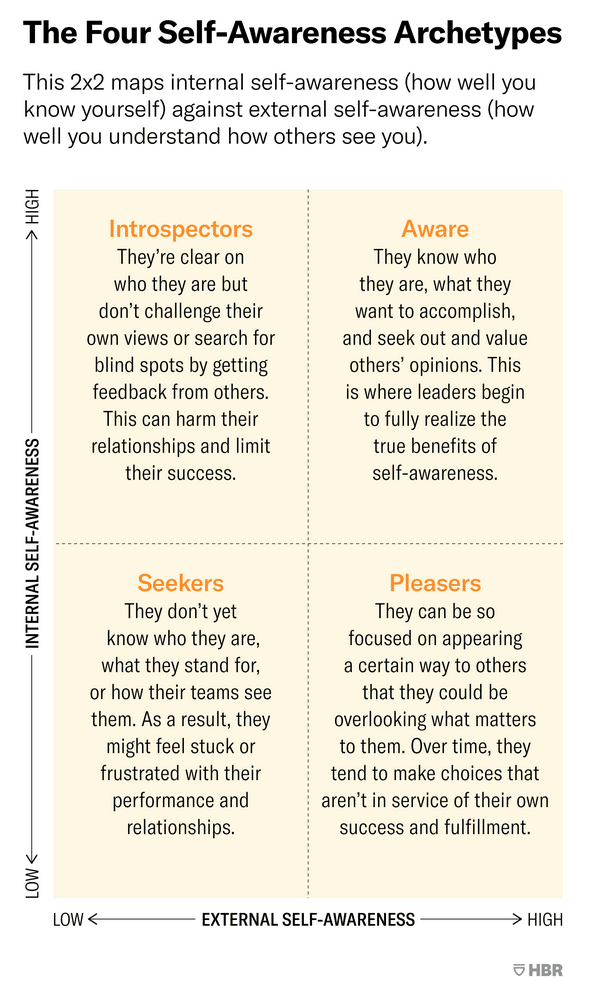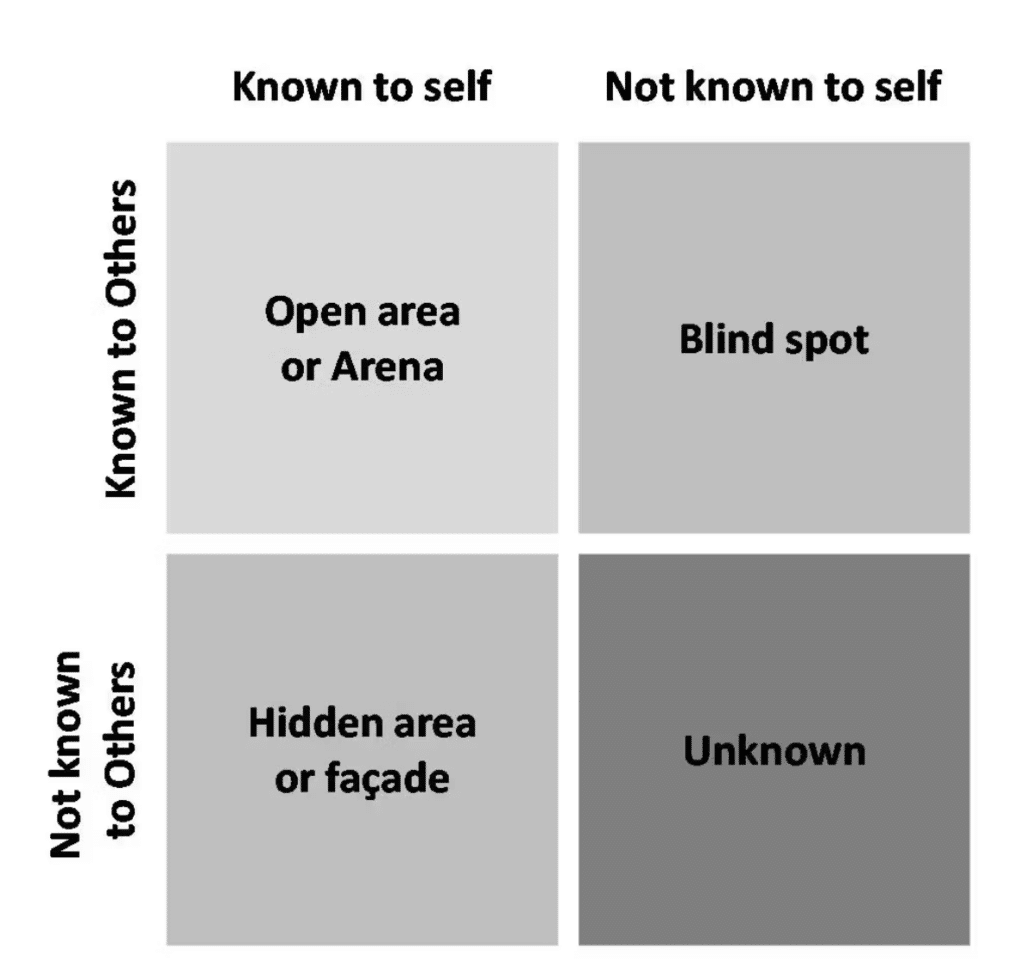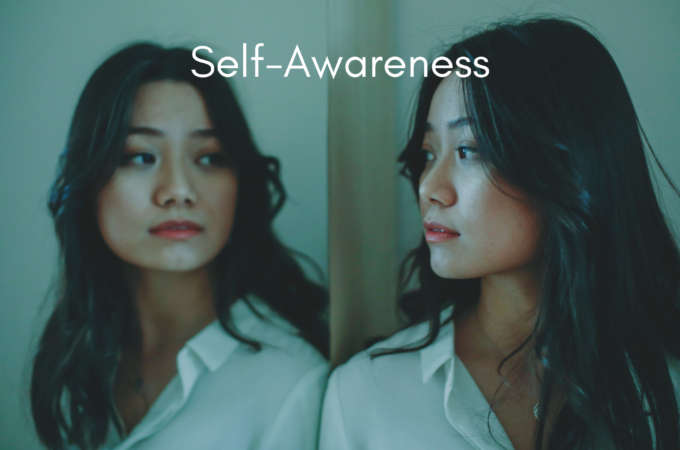In my regional area, a local radio station has a segment that they do during peoples’ regular morning commute called “Ghosted.” Someone calls in who recently went on a first date and inexplicably hasn’t heard back from their date (they were “ghosted”), and then the hosts of the show call that person and speak to them live to determine why that person has not responded back.
Sometimes, the reason the person “ghosted” their date has nothing to do with the date at all– they met someone else after the date, or they picked up more hours at work. But for the most part, the person didn’t respond because of a not-so-great characteristic of their date, that the date was completely unaware of.
Examples include the date bringing up their ex too much, or pushing hard for them to go on a trip together (on the first date!), or picking their teeth with their fork. When the folks who called in hear their shortcomings on live radio, they are often shocked. Some apologize, but more often than not they double-down and try to convince the other person (and the hosts and the listeners!) that what they did was fine or not that bad.
I love listening to “Ghosted” because it solidifies just how un-self-aware most of us are. We may think we know ourselves well, but when someone offers constructive feedback, we don’t always take it well because we assume we know ourselves better than we actually do.
The thing is, we are unable to change how we live and simplify our lives if we aren’t working on being self-aware. We have to notice things about ourselves that are less than awesome if we want to live differently.
Models of Self-Awareness
There are many ways to think about self-awareness, but here are two models to get you started.
The Four Self-Awareness Archetypes
Tasha Eurich, and organizational psychologist, offers one way to think about self-awareness– The Four Self Awareness Archetypes:

According to this model, Introspectors have a high internal self-awareness (what we know about ourselves), but a low external self-awareness (how others perceive us), so they don’t know how they come off to others. Pleasers, on the other hand, have a high external self-awareness and work to present themselves a certain way, but have a low internal self-awareness. Seekers have low self-awareness in both categories, not aware of themselves or of how others perceive them. Aware people, however, have high self-awareness in both categories and are able to function well in many spaces, and receive feedback appropriately.
In case you were wondering, people who fall into the Aware category are actually pretty rare. After 10 different studies and 5,000 participants, researchers estimate that only 10-15% of us are in the Aware category. Whew.
That means that 85-90% of us have some work to do.
The Johari Window
Psychologists Joseph Luft and Harry Ingham developed the Johari Window model while studying people in groups and noticing that people had no idea how others actually perceived and experienced themselves.

In this grid, characteristics that are known to ourselves and known to others are considered an open area/arena because everyone is aware of them. Characteristics that are known to others but not known to ourselves are considered blind spots, because people see them yet we aren’t aware of them. Characteristics that are known to ourselves but not known to others are a hidden area/facade because only we ourselves know them and others do not. Characteristics that are not known to ourselves and not known to others in an unknown area; we could have these characteristics, or work to have them, but they are unknown at this time.
Knowing the “Blind Spot” characteristics of ourselves can help us improve and work on those things that may not be so awesome about ourselves. This is where “Ghosted” got messy– people were hearing in real time, in public, their blind spot areas– and most of them did not enjoy the experience.
With that said, getting feedback about our blind spot characteristics not on live radio– if we are open to hearing the feedback– can help us to change for the better and become more self-aware.
The Spiritual Side of Self-Awareness
For by the grace given to me I say to everyone among you not to think of yourself more highly than you ought to think but to think with sober judgment, each according to the measure of faith that God has assigned.
Romans 12:3
Being self-aware is part of our spiritual growth. Knowing our own growing edges helps us to grow into who God wants us to be. None of us are perfect; yet, we often operate in the world as if we are, as if there aren’t ways we could be more self-aware, caring, and loving. But God invites us to “not think of [ourselves] more highly than [we] ought to think, but to think with sober judgment,” actively using the faith God has given us.
When we grow spiritually and become more self-aware, we are better able to change our lifestyle and worldview– to live counter-culturally and be intentional with our consumption and purchasing, and to focus on what’s most important. When we are self-aware, we can better resist getting sucked into consumer culture and thinking that more is always better.
How is God inviting you to confront certain parts of yourself and become more self-aware?
Did you like this post? Check out the Christian Minimalism book!


3 Comments
Lynnette Scrutton
February 16, 2025 - 12:03 pmThank you for your blog! I like the graphs, and how you included a biblical perspective. “Ghosted” sounds very interesting!
One of my favorite verses in the Bible is Lamentations 3:40 because it helps me to think less of myself. It reads “Let us examine our own ways and test them and let us return to the Lord in repentance.” As a leader in recovery groups in my area, I like to share this verse; it has helped others become more aware of their shortcomings, and to take it to the Lord to help them make changes. It sure has helped me.
Also, I found the other podcast you are part of called Filled with Less. I’m going to check it out also, along with your book, because I’m always looking for a new ways to continue in minimalism. Have a great day!
Becca Ehrlich
February 17, 2025 - 10:02 amGlad you appreciate the blog– and thanks for the Bible passage! Let me know what you think of the Christian Minimalism book, too.
Though I’m not part of that particular podcast, I was interviewed by one of the people on it (Cynthia) a little bit ago! You can listen to that interview here: https://holisticchristianlife.libsyn.com/the-christian-minimalist-with-becca-ehrlich-ep-111
Thanks for commenting– and blessings on your Christian minimalism journey!
~Becca (The Christian Minimalist)
Julian
March 12, 2025 - 8:29 amI think we all love the idea of sitting in full awareness, but we’re probably carrying more blindspots than we’d care to admit.
I’ve been reflecting recently with my team on being more honest as we serve the Lord. We operate in London, UK, which is highly pressured and full of false self-confidence to keep up with the pressures of performance. So, asking people to take a step back and be honest about themselves is always a challenge.
What might come up with can walking confidently to the self-awareness box!